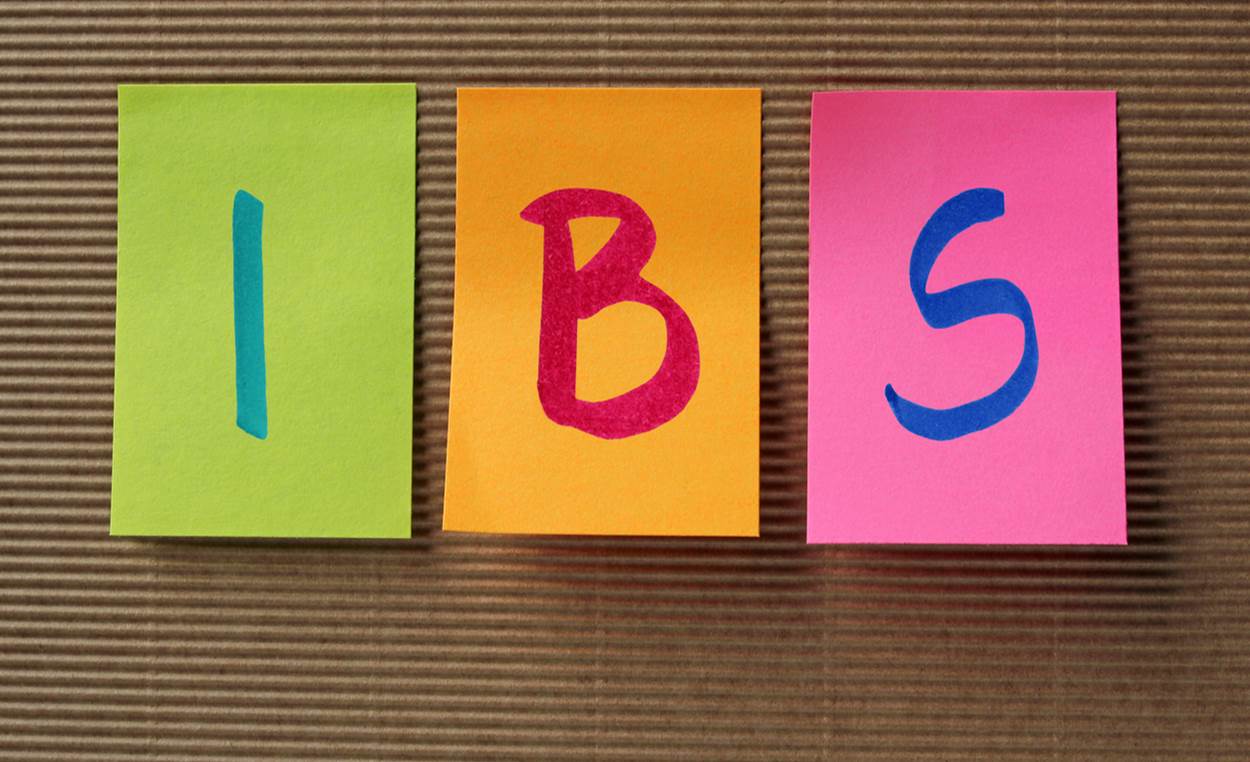Irritable bowel syndrome (IBS) is a chronic and complex disease that occurs in patients with recurring abdominal pain and changes in bowel habits. The disease can be debilitating on a person’s quality of life. We still do not understand the root cause of the disease, but I believe there are many factors. Common treatments of IBS include pharmacologic, psychologic and dietary therapies. It is important to discuss these options with your physician before embarking on a targeted therapy or combination therapies.
Some patients are interested in using diet alone to treat their illness. Aversion to pharmacologic agents and avoidance to see a psychiatrist or psychologist play a major part of this. Ingestion of food triggers may induce symptoms in more than half of patients with IBS. It has been suggested that dietary therapy may regulate the “gut-brain” signaling. Therefore, in my opinion, it is reasonable to start with dietary therapy to reduce this driving cause. Clinical studies suggest that low FODMAP diet may improve symptoms of IBS. FODMAP stands for Fermentable Oligosaccharies, Disaccharides, Monosaccharides and Polyols. They are carbohydrates found in the diet: fructose (fruits, honey, high fructose corn syrup, etc), lactose (cow’s milk, yogurt, pudding, custard, etc), fructans (grains, onion, garlic, inulin, etc.), galactans (beans, lentils, soy products, broccoli, etc.) and polyols (sweeteners containing sorbitol, mannitol, xylitol, maltitol and fruits such as avocado, apricots, cherries, nectarines, peaches, plums, etc). FODMAPs can swell the intestine and produce gas. If one is sensitive to the effects of FODMAP, symptoms of discomfort, cramping, gas, bloating or diarrhea may occur. Low FODMAP diet may help improve pain, bowel satisfaction and quality of life. There are apps available on smart phones to help guide which foods are high or low in FODMAPs.
Some patients without Celiac disease may report a possible diagnosis of gluten sensitivity due to improvement of their symptoms while on gluten-free diet. The diagnosis of gluten sensitivity is quite challenging. The reason being is that there is no measurable indicator available to diagnose the disorder. Although there is good symptom response self-reported by patients, who are undergoing a gluten-free diet, researchers have suggested that this is likely due to reduction of fructans and other FODMAPs that may co-exist with gluten in wheat, barley, and rye. Therefore, evidence does not support a role for gluten-free as first line dietary therapy. More studies are needed to define the role of gluten-free diet in IBS and other gastrointestinal disorders.
It is also common for patients with IBS to embark on a restrictive diet to improve their symptoms. I also see this commonly done in patients with Inflammatory Bowel Disease or Functional Dyspepsia. A major concern for this is that restrictive diet may lead to nutritional deficiencies and/or weight loss that can result into worse health outcomes. Therefore, I do not recommend this dietary approach without a proper discussion and guidance with a dietitian.
A low FODMAP diet, supported by growing body of evidence, is effective in IBS but should be delivered by healthcare professionals with expertise in diet management. Further studies are also needed to prove the effectiveness of a gluten-free diet, lactose restriction or probiotics in the treatment of IBS.
Learn more about Dr. Pacana’s approach to caring for patients and schedule an appointment at www.rushcopley.com/pacana

